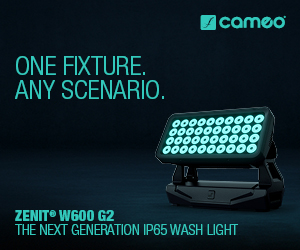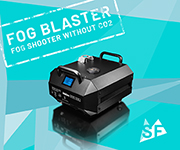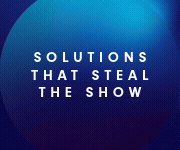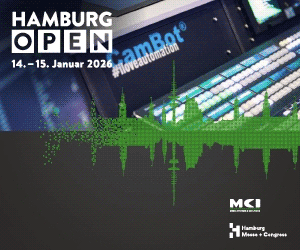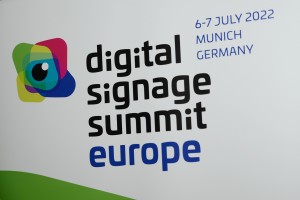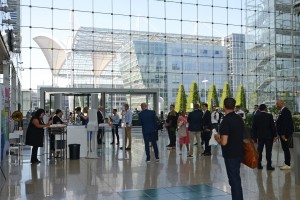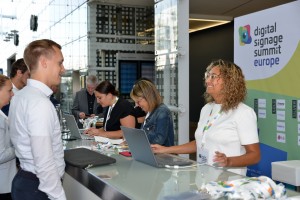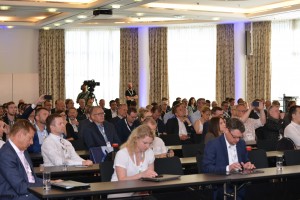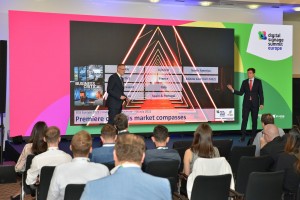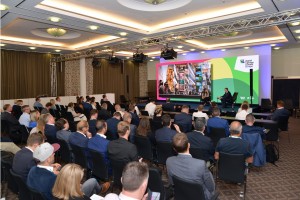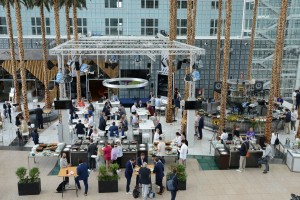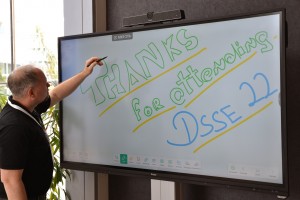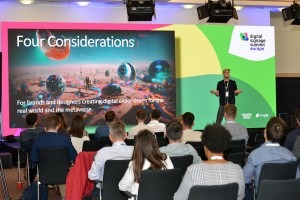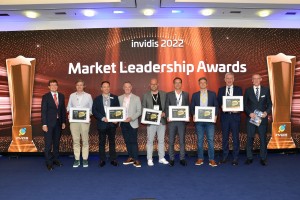Aktuelle News & Schlagzeilen
Digital Signage Summit Europe addresses business critical industry issues
With integrated digital signage now a critical element of the customer and employee journey in a growing number of markets, more will be demanded of integrators, cloud platforms and software. That was one of the key messages of this month’s Digital Signage Summit Europe (DSS Europe), which attracted over 300 international digital signage leaders and end users to the Hilton Munich Airport.
This was the 44th edition of DSS and the first DSS Europe event in three years, presenting a line-up of nearly seventy speakers who discussed the state of the industry and future strategies. During the conference Invidis also hosted its annual Strategy Awards, which celebrate excellence in the digital signage industry across six categories.
The winners were: Admira IoT Gallery Barcelona (“Shared Spaces” category), for its unusual, dark store which seamlessly orchestrates digital signage, scent, and sound for an immersive encounter; Sharp NEC Display Solutions Europe (“Green Signage” category), for its reuse-refurbish-recycle initiatives which have grown over the past ten years; Telelogos (“Business Critical” category), for a combination of intelligent content and device management; Prague-based start-up SignageOS (“Innovation” category), for developing a digital signage offering often referred to as the industry’s “Swiss Army Knife” (SignageOS connects over a hundred SoC Platforms with 50+ CMS solutions and enables network operators to monitor and remote-manage mixed digital signage networks); Vertiseit (“Rising Star” category), a small Swedish digital signage player, led by CEO Johan Lind, which acquired eight competitors including Grassfish and MultiQ and grew its ARR for 40 consecutive quarters; Samsung EDO (“Industry Leadership” category), for introducing a System-on-Chip (SoC) platform and a dedicated operating system ten years ago, launching The Wall in 2018 and making MicroLED rollout-ready for digital signage projects, plus - most notably - focussing on simplifying digital signage and opening the market up to IT integrators and IT departments.
In DSS Europe’s opening keynote, Florian Rotberg, conference chair and Managing Director of digital signage consultancy Invidis, set the scene by addressing recent global events and why integrated digital signage is now a critical factor in the customer and employee journey in many markets, saying: “Digital Signage has become business critical in more and more verticals requiring robust systems architecture, professional hardware and detailed service concepts. Thanks to the pressures of the pandemic, global supply issues, sustainability and the pressure to deliver, we are seeing many industry-wide challenges. Service costs are rising more than thirty percent this year due to higher gas/diesel, logistics and labour costs. Pre-emptive service and robust networks have become more important than ever. Our agenda covers these important topics and looks at ways for us to adapt and continue to deliver in these ever-challenging situations.”
The two-day conference saw a host of discussions with C-Suite business leaders, concept and content “rockstars” and industry disruptors. In the opening panel debate, five European integrators explored the topic “Is Big Big Enough?”. Speakers from ZetaDisplay, M-Cube, Trison World, Mood Media and Econocom agreed that while consolidation is driving the industry, it’s not growing fast enough. The largest integrators in North America account for over $1bn of pro AV revenue, with digital signage accounting for 300-400m USD. The largest integrators in Europe make up just €80m revenue. Mergers, acquisitions, and new integrators entering the digital signage industry are essential for driving growth in Europe. However, as Rotberg pointed out, the current financial and political conditions in Europe are making M&A activity more difficult.
Conference delegates heard how the looming energy crisis has highlighted the need for more sustainable digital signage concepts. Energy efficient components and operations, refurbishment of older hardware and easier to recycle hardware are the main trends in 2022. The “Tackling Digital Signage’s Carbon Footprint” panel discussion explored concepts for a more sustainable industry. While action is being taken - such as the development of energy-efficient components and operations, coupled with the refurbishment of older hardware, and easier-to-recycle hardware - more must be done to establish a servicing and replacement best practice for manufacturer and integrators. The panel included: Theresa Kirchweger - Sustainability Manager, Umdasch The Store Makers; Christof Böhm - Senior Vice President Engineering, Quality Assurance & Service, Sharp NEC Display Solutions; and Rainer Karcher - Global Director of IT Sustainability, Siemens.
Alongside a programme of keynotes, panels, fireside chats, and networking opportunities, delegates met industry leading brands in the exhibition area. Twenty exhibitors took the opportunity to talk with customers face-to-face, present new solutions, and take the pulse of their partners in the industry. Alongside the main conference programme, DSS Europe was a place to do business with countless bilateral meetings taking place and a networking event in the Airbräu beer garden. For a closer look at the Digital Signage and DooH industry, including market analysis of the European region, the Invidis Digital Signage Yearbook 2022 is now available to download at www.digitalsignagesummit.org.
DSS Europe is a joint venture between Integrated Systems Events, producers of the Integrated Systems Europe (ISE) exhibition, and German digital signage consultancy Invidis Consulting. The next events are planned for the autumn in Saudi Arabia and the United Arab Emirates, and at ISE 2023. DSS Europe 2023 takes place in Munich next July.
(Photos: Integrated Systems Events/Invidis)
SCHLAGZEILEN
news archiv
suche
© 1999 - 2025 Entertainment Technology Press Limited News Stories

